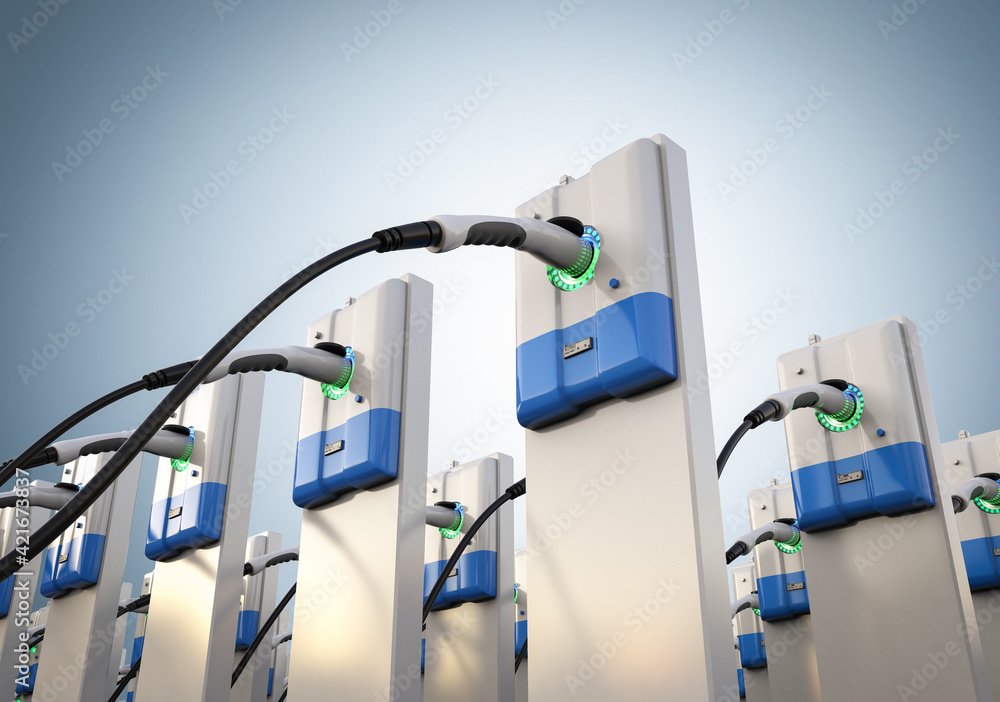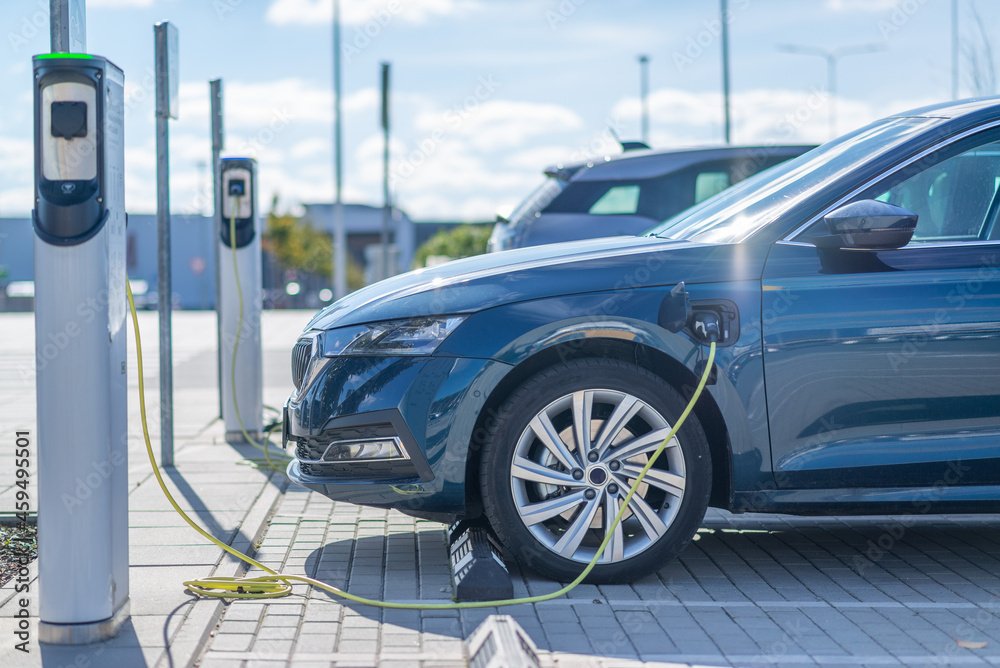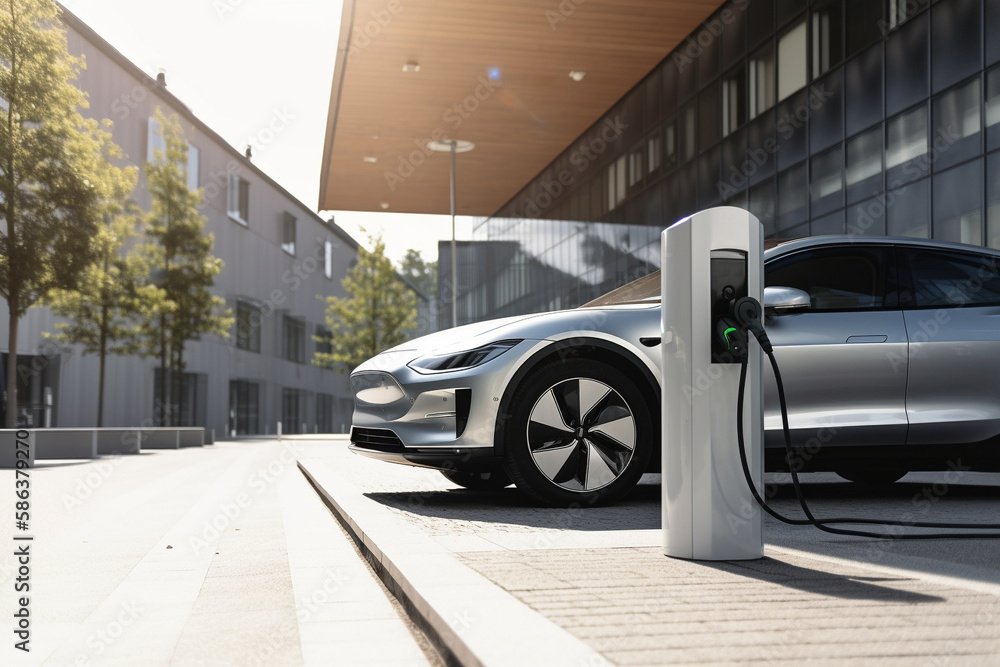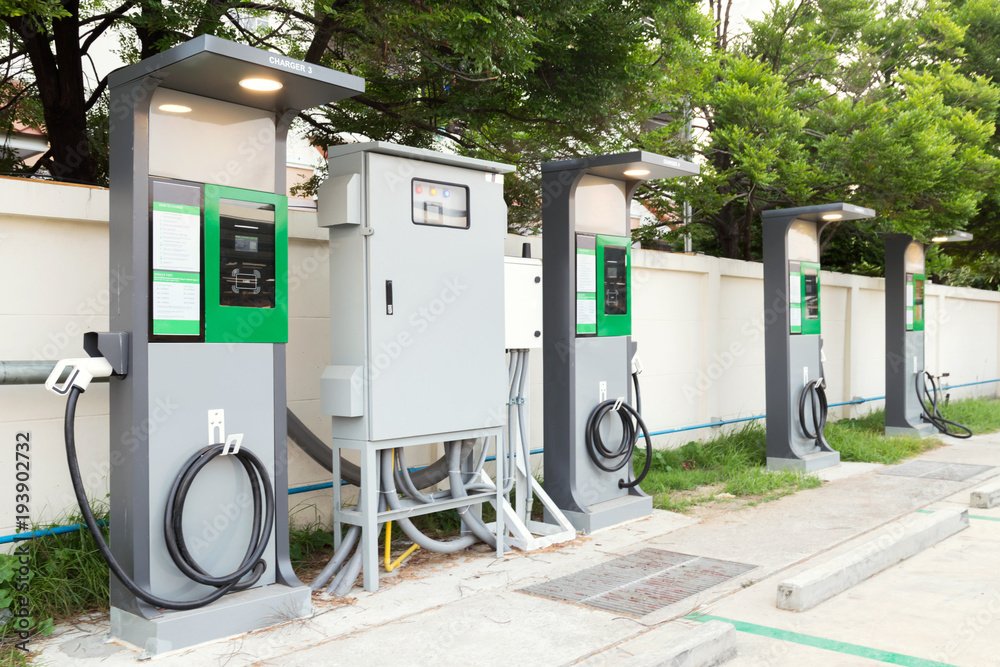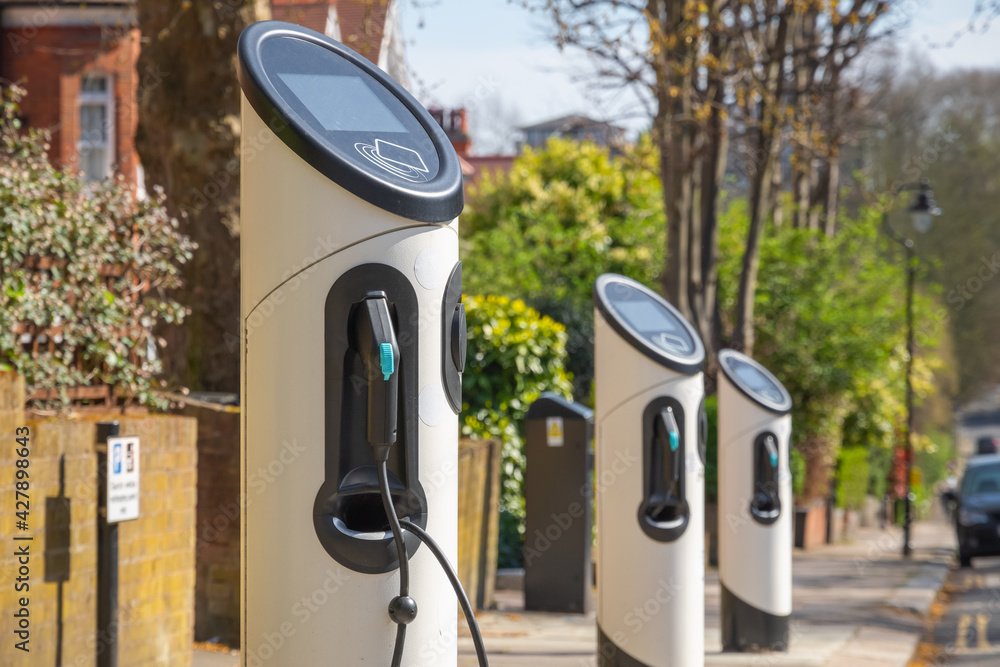EV Charging Solutions
At Sustainable Energi, we simplify the complexities of EV charging, whether you need home installation
services or comprehensive solutions for commercial and multifamily properties.
EV Charging Solutions
-
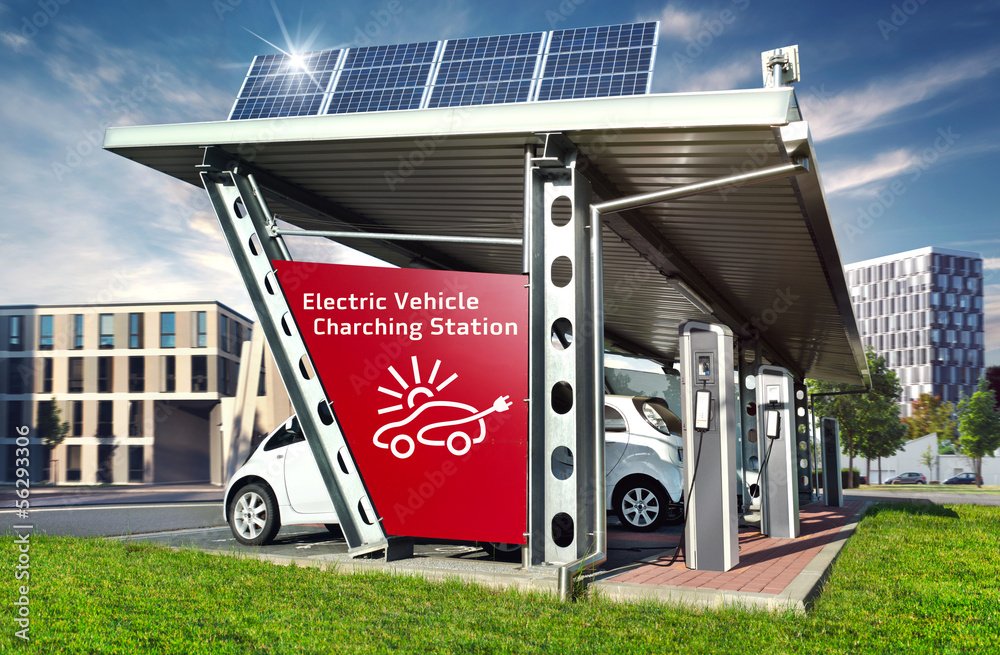
Commercial Properties
Our commercial EV charging solution provides fast, reliable, and customizable charging options for businesses and their customers.
-
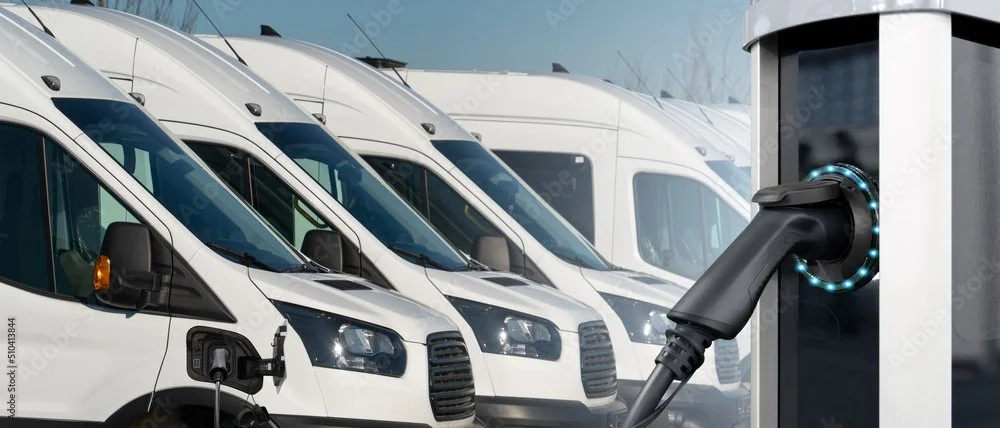
Fleets
Our commercial fleet EV charging solution offers efficient and scalable charging infrastructure to keep your fleet on the road.
-
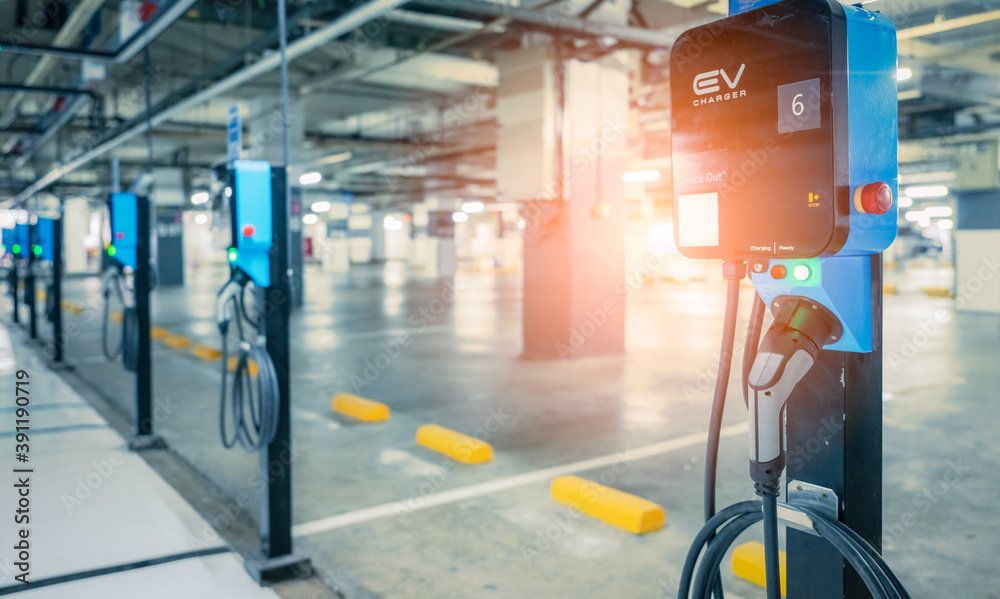
Multifamily Properties
EV charging solutions for a multifamily property provide convenient and accessible electric vehicle charging options for residents and guests.
-
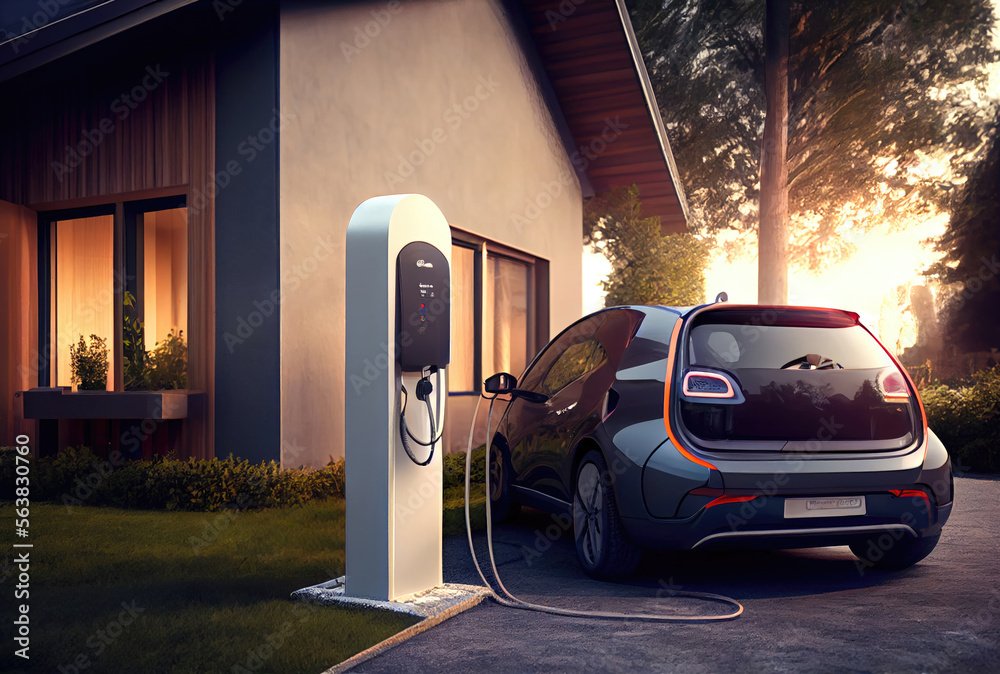
Residential Charging
Our EV charging solutions for residential applications provide reliable, user-friendly, and efficient charging options for homeowners
-
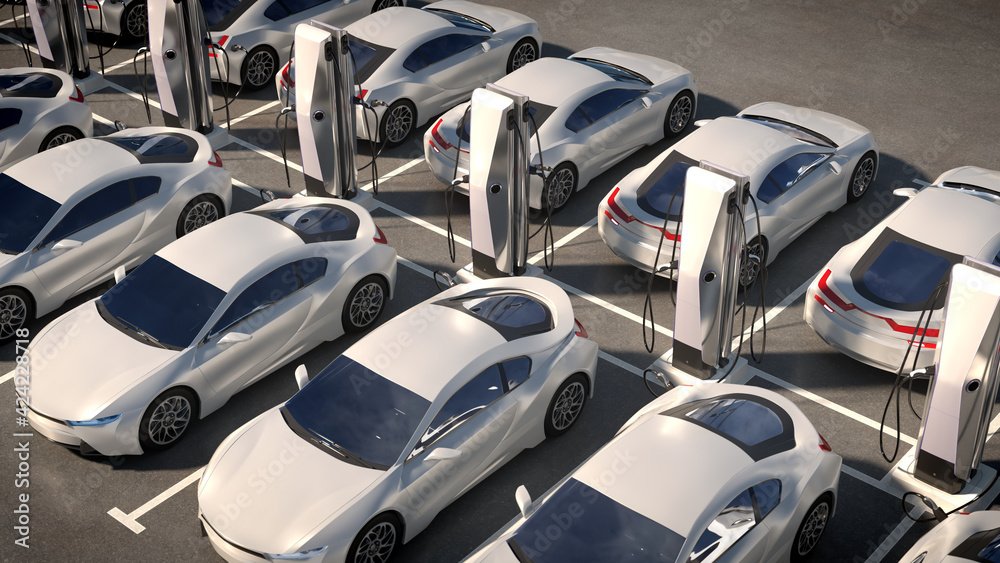
Parking Operators
Our EV charging solutions for parking operators provide a seamless and cost-effective way to offer electric vehicle charging services to their customers.
-
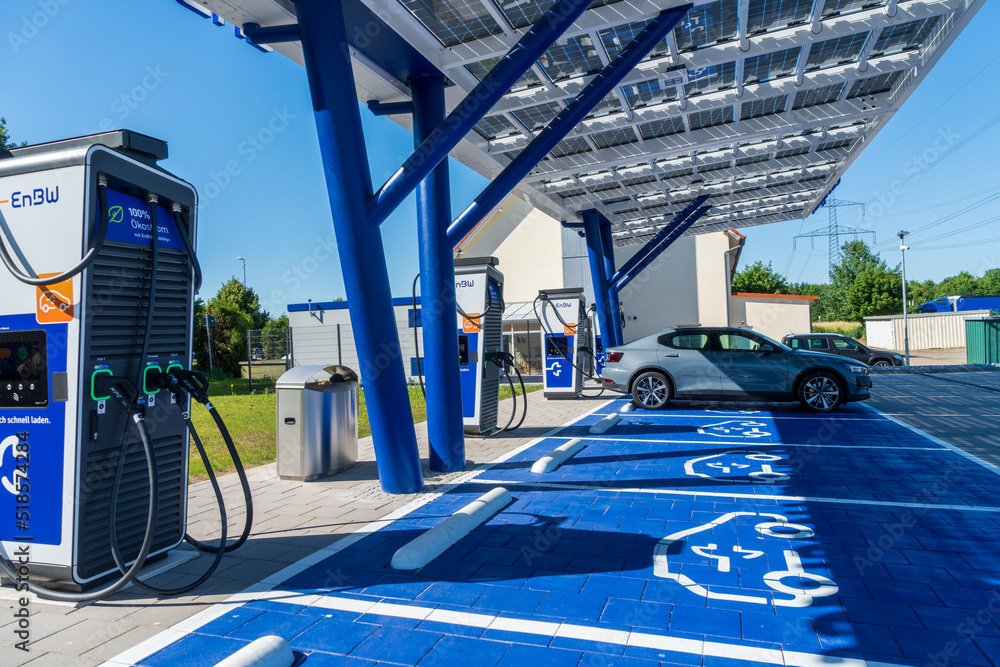
New Construction
Future proof your properties and meet Green Building Standards with our EV charging solutions and meet the aspirations of tenants
Worry Free Installation
Our turnkey solution helps you to simplify the process of installing EV charging stations, from site selection, financial structuring, permitting & installation.
Site Selection
Site selection for EV charging involves identifying suitable locations based on factors such as traffic flow, accessibility, power supply, and customer demand.
Site Design
This involves involves assessing the electrical infrastructure, selecting the optimal location, determining charging station capacity, and ensuring compliance.
Financial Analysis
Performing financial analysis to evaluate the viability of installing an EV charging station involves assessing costs, potential revenue, and return on investment.
Construction
This process typically typically involves site assessment, electrical system upgrades, equipment installation, and final inspection and testing.
Permitting
Permitting required for installing an EV charging station typically involves electrical and building inspections to ensure compliance with local codes.
Installation
The post-installation and setup process f typically involves electrical inspection, software configuration, payment system integration, and signage installation.
Why choose Sustainable Energi for your next EV Project
-

Convenience
No need to spend time researching contractors and comparing quotes.
-

Guarantee
Every installation is backed by tour Peace of Mind Guarantee and Satisfaction
-

Rebates
Connecting you with all available financial incentives at the local and federal level
-

Safety
Installers follow industry best practices, manufacturer guidelines and local regulations.
-

Support
Exceptional customer service through every step of the process.
-

Trust
Recommended by top automakers and EV charger manufacturers.
Charging Solutions for All Car Models
Hello, World!
Speak to our sustainability team!
Speak to our Sustainability Team
Speak to an
EV Consultant
FAQs
-
Level 1 charging stations are typically provided with an EV purchase and use a J1772 connector. They are rated 120 Volts and can be plugged into a standard NEMA 5-15 household outlet. Level 1 provides the slowest charging time, averaging 5 miles of range per hour of charging.
Level 1 and Level 2 EV Charging Level 2 charging stations are the most common type of charging stations in the US and North America, using a J1772 connector. As of 2022, over 85% of public EVSE ports in the US were Level 2. They are rated 240 Volts and charge faster than Level 1, averaging 25 miles of range per 1 hour of charging. Level 2 charging stations are common for homeowners, workplace, and other commercial/public locations.
DC Fast Configurations CCS1 and CHAdeMO DC charging stations, often referred to as "Level 3 Charging Stations", use direct-current to provide quick charging. They use CCS connectors (also known as J1772 combo) and CHAdeMO connectors. They are typically rated 208/480 Volts and charge faster than Level 2, averaging 100-200+ miles of range per 30 minutes of charging (or 200-400+ miles of range per 1 hour of charging) and are common at rest stops, gas stations, shopping malls, and other public locations.
-
Charging times can vary depending on the vehicle, it’s battery capacity, current level of charge, and the energy source’s capacity.
-
AC Charging – AC power is put into the vehicle from a charging station, and then the converter inside the vehicle converts it to DC power.
DC Charging – the charging station, with a built in convertor, converts AC to DC, and then the vehicle receives DC power directly from the charger, allowing for faster charging. DC Charging is often referred to as Level 3 Charging
-
To estimate your cost of charging at home, multiply your vehicle's kWh/100 miles figure by the electric rate for the time of day you'll most often be charging. That figure will tell the cost per 100 miles.
-
Yes! There are many Federal and State rebates and incentives being offered to promote the widespread adoption of electric and other alternative fuel vehicles, including tax breaks, reduced utility rates and more. Whether you are an EV driver or a business owner, see which apply to you.
-
Level 2 charging reduces the charge time by up to 5 times versus Level 1 charging. Many customers want a Level 2 charger because it delivers safe, reliable and secure power for electric vehicles. Additionally, Level 2 charging provides the benefit of “topping off” the electric battery in a relatively short period of time.
-
Use our selector tool to see which one is right for you!
-
IThe following list includes important safety features you should think about prior to selecting a Level 2 EV Charging Station:
Pick an EV Charging Station with the latest industry standards including meeting Underwriter’s Laboratory and National Electric Code Requirements
Make sure the manufacturer provides additional safety features such as ground monitoring circuitry and over temperature protection
-
Horsepower vs. Kilowatts:
Gas-powered vehicles are rated in horsepower, whereas electric motors in EVs are rated in kilowatts. One kilowatt is one third more powerful than one horsepower
MPG vs. MPGe.
Driving range for gas-powered vehicles are often referred to as miles per gallon (MPG). The EV equivalent is miles per gallon equivalent and can be used comparatively.
-
Range anxiety is a common pushback against purchasing an Electric Vehicle. However, as EVs are increasing in popularity, the number of charging stations available is increasing as well. You can charge your car at home, at work, and at public charging stations to ensure you always have a charged vehicle. View this map. Many EVs have an app that helps you find nearby charging stations when you are getting low on battery.
More EVs are being released that have larger mile ranges to help combat range anxiety. If you are looking for a longer range vehicle, choose an EV over a hybrid!

